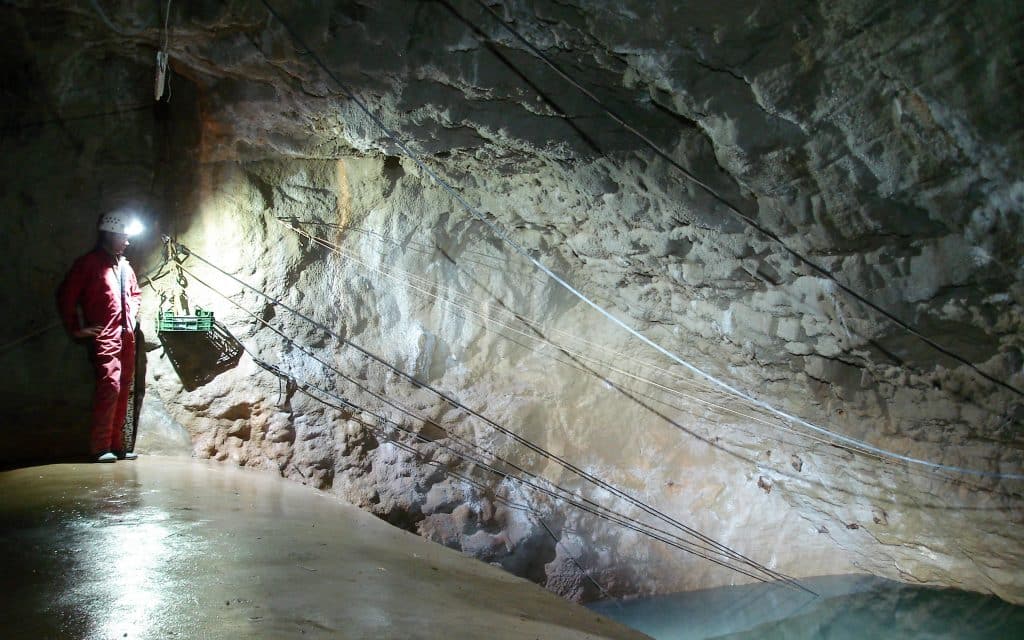Water resources, energy resources and storage
In large confined aquifer systems such as those of the Sahara, the sustainability of groundwater resources is assessed by comparing the outflow, i.e. natural withdrawals and outflows, with the recharge, on the other hand, which has to be considered over sometimes very long time scales.
The hydrodynamics and evolution of the palaeorecharge can be deduced through the cross-use of cosmogenic tracers (36Cl, 14C) and hydrogeological modelling. These deep aquifers are comparable to paleoclimatic archives whose hydrological evolution must be traced.
Furthermore, the quantification and prediction of flows in karst aquifers remains a challenge that requires the coupling of 3D geology and hydrodynamics approaches. The application for the evaluation of groundwater resources will find a place with local authorities and thus offers a link with the regional socio-economic fabric.
The development of geothermal energy in carbonate reservoirs is also one of the topics that will be addressed. Finally, the confinement properties of deep clay layers are also the subject of research in order to understand the particular flow-transport processes associated with them and their impact on nuclear waste storage prospects, as well as the conditions of their integrity in relation to their role as hydrocarbon deposit covers or CO2.
The main projects concern, on the one hand, karsts, with a strong regional focus (current Dardennes project, future Huveaune and Grotte Cosquer projects) and, on the other hand, the hydrological and economic modelling of groundwater resources in the South (Saharan Aquifers).


